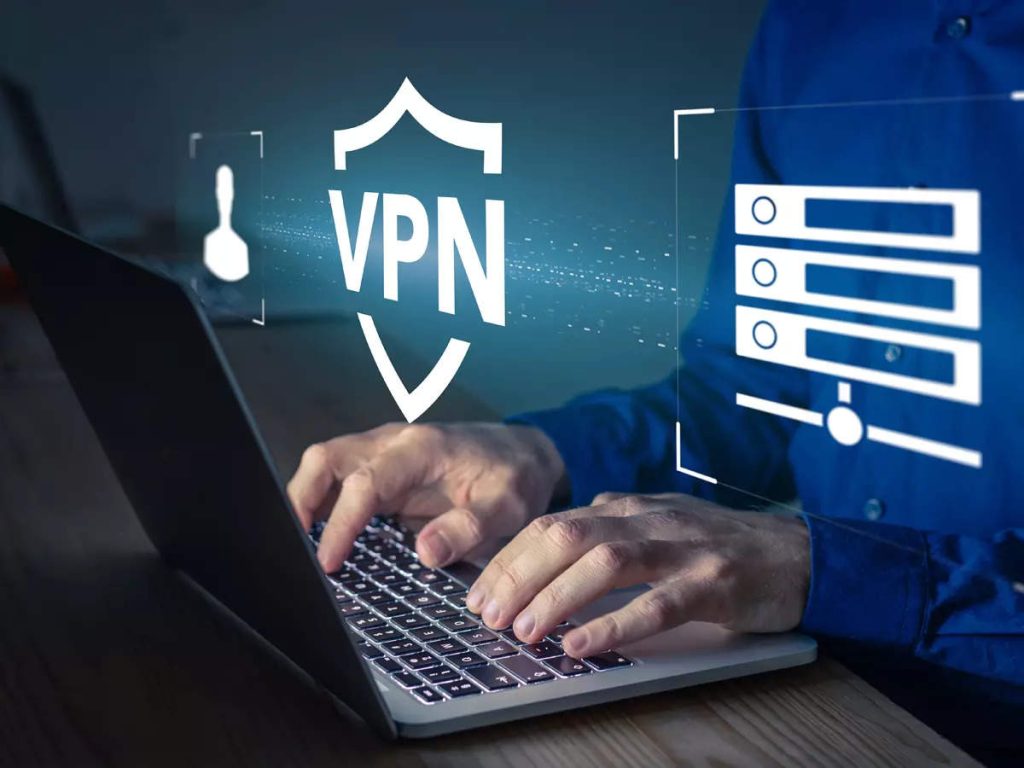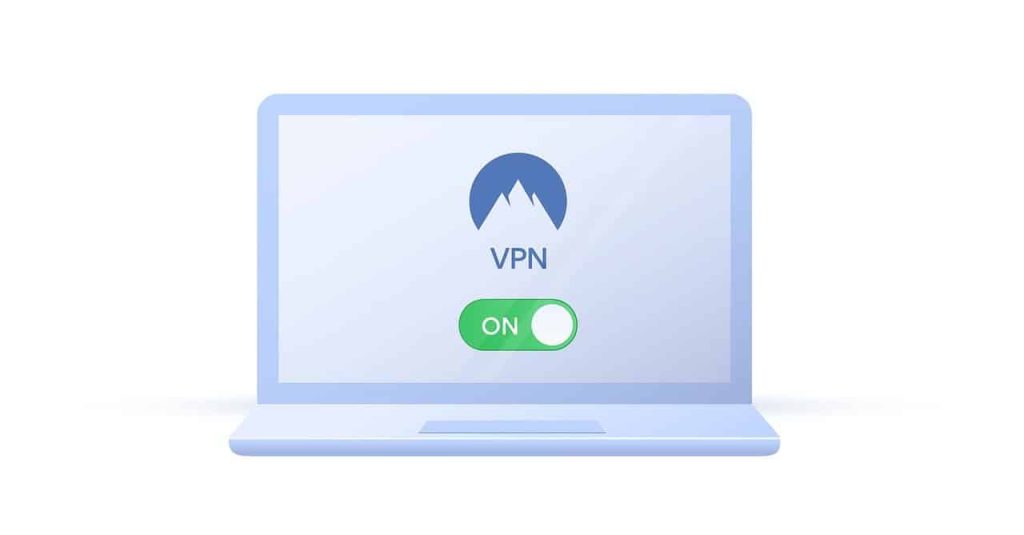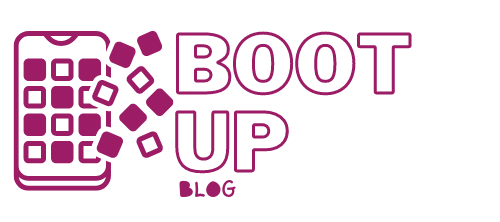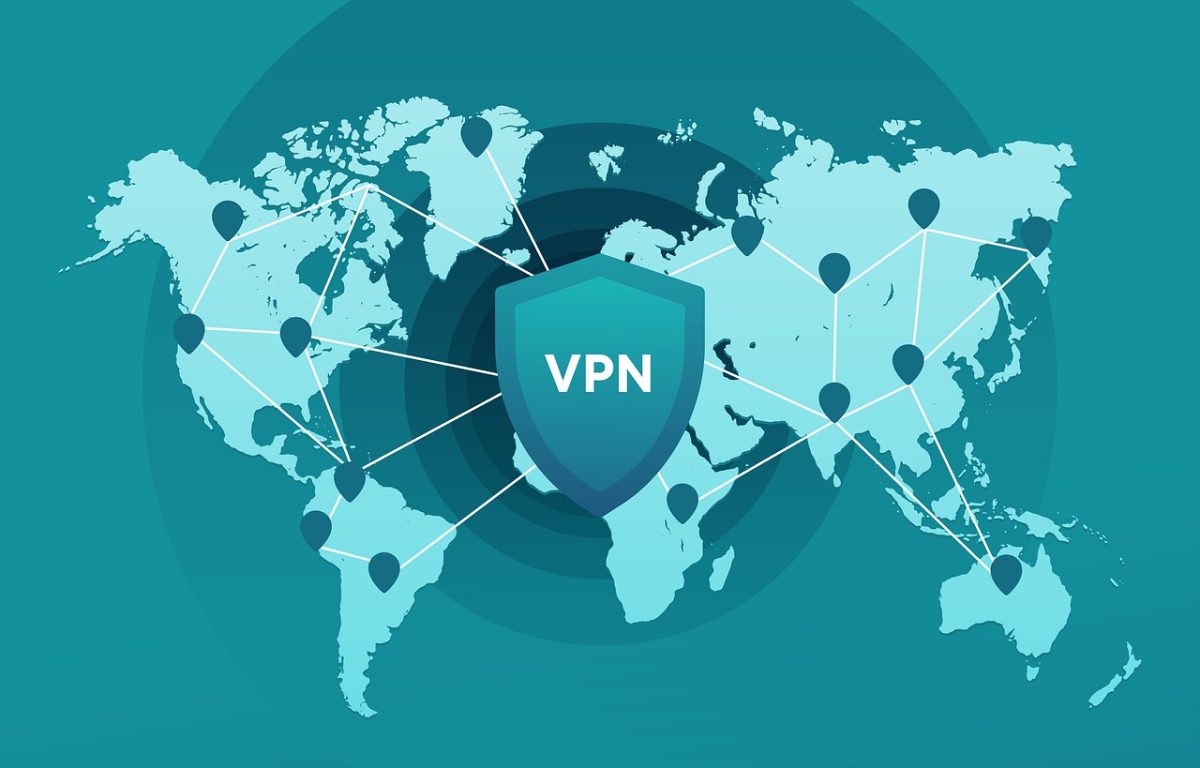Virtual private networks, also known as VPNs, are safe to use – provided you choose a reliable one. A VPN changes your IP address to effectively mask your computer’s identity and disguise your browsing location. There’s no risk to your device in using a VPN, and you’re not using some back-channel version of the internet – it’s the same web, just accessed over a different server.
In fact, using a reputable VPN is safe and a recommended way to connect to the internet. With a secure VPN service, you can protect your online data and privacy. A VPN isn’t, however, a licence to carry out illegal or nefarious activities. Using a VPN doesn’t make you invincible online, but pick a good one, and your data and privacy will remain secure.
Top VPN services offer a great way to protect your identity online, as well as opening up areas of the internet that could be blocked off to you because of your location. This guide explains what to look out for with a VPN, the benefits of paying for one over a free alternative (far less safe), and how to keep yourself protected online.

Safe VPNs to Choose
A safe VPN service can connect you to the web securely. VPN security begins with choosing the right VPN. A proper VPN encrypts all your data, keeping it safe from snoopers and hackers. A poor VPN, by contrast, gives a false sense of security – the worst services may even share your data with advertisers.
Take no chances when it comes to choosing a VPN – put your trust in one of the recommended services, below, and you can’t go wrong:
Surfshark
You may worry that in order to get a safe VPN, you’ll need to spend more. Surfshark proves this isn’t the case – this is one of the cheapest VPNs around, but also, reassuringly, one of the most secure.
For just $2.49 per month, you can use Surfshark across an unlimited number of devices, and it works on Macs, PCs, iPhones, Android devices and even FireTV sticks. In terms of safety and security features, Surfshark gives you everything you’d want in an easy-to-use package. It offers a choice of 3,200 global servers to choose from. There’s an all-important killswitch function to make sure your data isn’t exposed should the VPN ever pause. And, reassuringly, Surfshark holds firm to a “zero data logging” policy, keeping customers’ privacy at the forefront.
Recently, Surfshark released Surfshark One, an all-in-one cybersecurity package that includes not only a VPN and an antivirus subscription but also a safe search tool (a search engine that won’t track your searches) and a data breach alert function (which will notify you if your personal information appears in a breached database). The threat of being hacked or scammed is greater now than it has ever been before, so signing up to a provider prepared to cover all bases for just $3.49/month (just $1.19 more than a regular Surfshark subscription) is a shrewd move.
NordVPN
NordVPN takes your security very seriously. To begin with, it uses military-grade 256-bit AES encryption to protect your information, a great bonus if you’re looking to use public WiFi networks without concern.
As well as built-in malware blocking, NordVPN also features a Kill Switch option. This will stop your browsing dead should your connection to the VPN fail, instead of continuing your activity on your ISP.
IPVanish
Unlike some other VPNs, IPVanish has a policy of not logging your data. This means that records of your online searches and the websites you have visited won’t be kept. IPVanish has over 1,000 servers in 60 countries, and owns them all outright, rather than leasing them from third-party data centres. This means that your data is passing purely through IPVanish’s systems, rather than a faceless third party.
It’s a powerful VPN to choose, though arguably a little technical if you’ve never used one before. However, the privacy conscious will love the ability to deep-dive into the settings and features.
PureVPN
PureVPN is not only a great VPN in its own right, but also boasts an impressive suite of additional security features. One of these is Ozone, a tool that gives you content filtering tools, and has intrusion-detection features that alert you if someone is trying to hack into your PC.
Then there’s a tool called Gravity. This is an ad-blocker that stops ads appearing during your browsing. For VPN first-timers, PureVPN is also brilliantly simple to use. You don’t have to delve into complex settings to get up and running, and there’s support on hand, too. Best of all? You don’t have to spend much – it’s a great-value VPN.

Are Free VPNs Safe?
If you’re using a free VPN, you could be taking a gamble with your online security. Explore the terms of any free VPN, and you’ll probably spot a clause that means agreeing to sign off on some degree of your privacy. This could be as simple as targeted advertising that will interrupt your browsing experience, or could even be as egregious as sharing your own bandwidth with other users – we’re looking at you, Hola VPN.
Hola appears attractive on the surface, offering a VPN browser extension, without charge. However, in order to provide this service, it allows its premium users to piggyback off your own bandwidth, which not only affects your speed, but also means that there are people using your bandwidth for nefarious or illegal purposes.
Other free VPNs are simply too limited to offer true security. The Opera Browser, for example, offers a built-in VPN. This is great for giving you a degree more privacy while browsing online. However, it won’t cover all of your online activities – only what you’re doing in the browser. The rest of your connection to the web is happening as usual, with all the privacy concerns that may raise.
How to use a VPN Safely
If you like the idea of a VPN to protect your identity and keep your online activity private, follow the tips below:
Don’t go free – Free VPNs can’t compete with the level of features and security a paid version will offer. With many costing just a couple of dollars per month, it’s a price worth paying.
Kill Switch – Get a VPN with a Kill Switch. This means that if your connection to the VPN fails, your browsing won’t pick up on your standard connection, saving you having your activity exposed.
Check the terms – Boring? Yes, but check the terms of the VPN you’re considering to see what, if anything, they do with your data. The best won’t log or collect anything at all.
Public WiFi – When you sign up for a VPN, download its associated app too, to ensure you’re protected on your tablet or phone when out and about.
We will cover more in-depth aspects of VPNs in future articles, so be sure to check back regularly.

